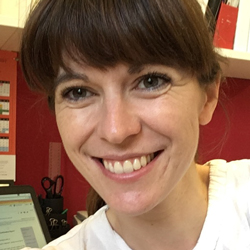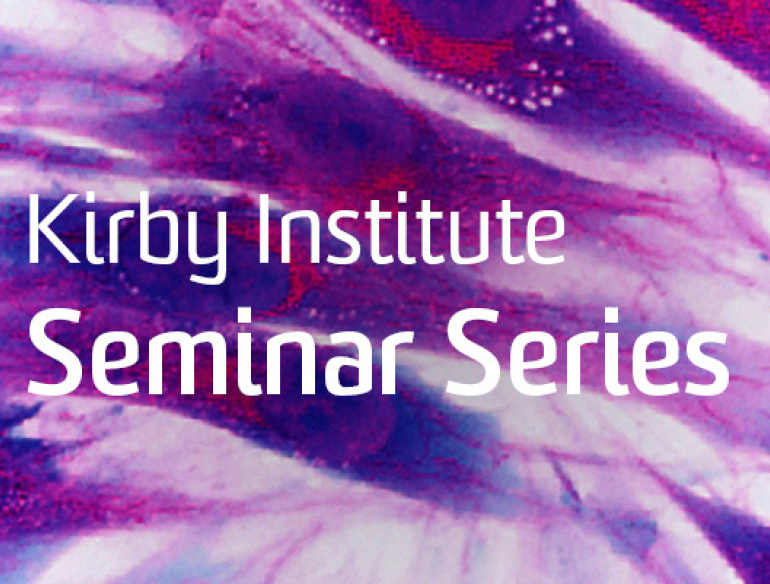Location:
Berg Family Foundation Seminar Room, Level 6, Wallace Wurth Building, Kensington Campus
Cost
Free
Contact for enquiries
Rata Joseph, +61 (2) 9385 0900 or recpt@kirby.unsw.edu.au
Kirby Institute Seminar Series presents
 |
Lecturer in International Public Health, University of Sydney; Adjunct Research Fellow, Centre for Social Research at UNSW; Honorary Lecturer at London School of Hygiene and Tropical Medicine |
About your speaker
Dr Sarah Bernays has recently joined the School of Public Health at the University of Sydney as a lecturer in international public health, having been at the London School of Hygiene and Tropical Medicine since 2006. Her current research focuses on adolescent global health. She runs a qualitative longitudinal research programme exploring the experiences of young people growing with HIV and/ or exposed to high HIV risk. The programme includes a number of qualitative studies being run in Uganda, Zimbabwe and South Africa, as well as the United Kingdom and the United States of America. Many of these qualitative research studies are embedded within large international clinical trials and she is developing innovative methods for conducting research with vulnerable families within interdisciplinary studies.
Abstract
The extraordinarily complex social and clinical challenges presented by the HIV epidemic have meant that researchers in the field have led the way in calls for interdisciplinary approaches to devise effective interventions. Yet, how in practise do we reconcile and integrate the diverse (and sometimes contradictory) forms of evidence created within clinical trials and social science studies and ensure that this leads to improved intervention design and better outcomes for young people living with HIV?
In this paper, I present the learning from three large longitudinal qualitative studies with over 200 young people living with HIV aged 11–24 years old, which have been embedded within international paediatric clinical trials conducted in the UK, USA, Uganda and Zimbabwe. Taking the core concern of HIV treatment adherence amongst HIV positive adolescents as a case study, I demonstrate the critical contribution of implementation social science within paediatric HIV clinical research and offer a model of collaborative multidisciplinary working to optimise the design and delivery of interventions.
